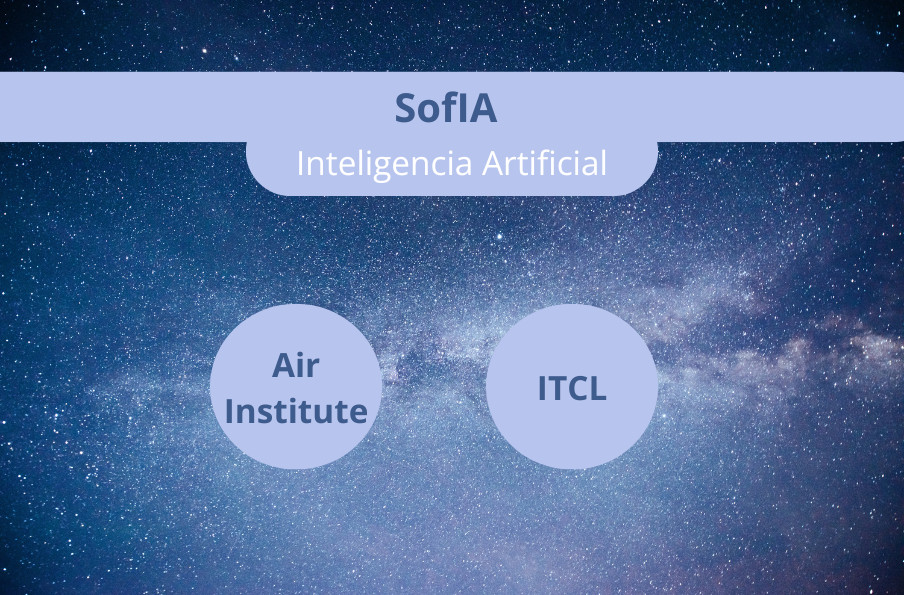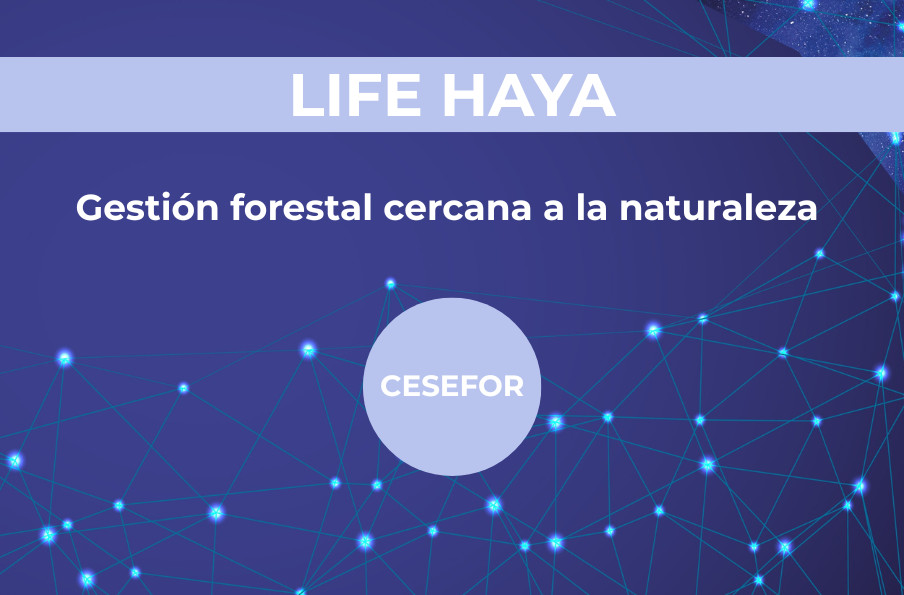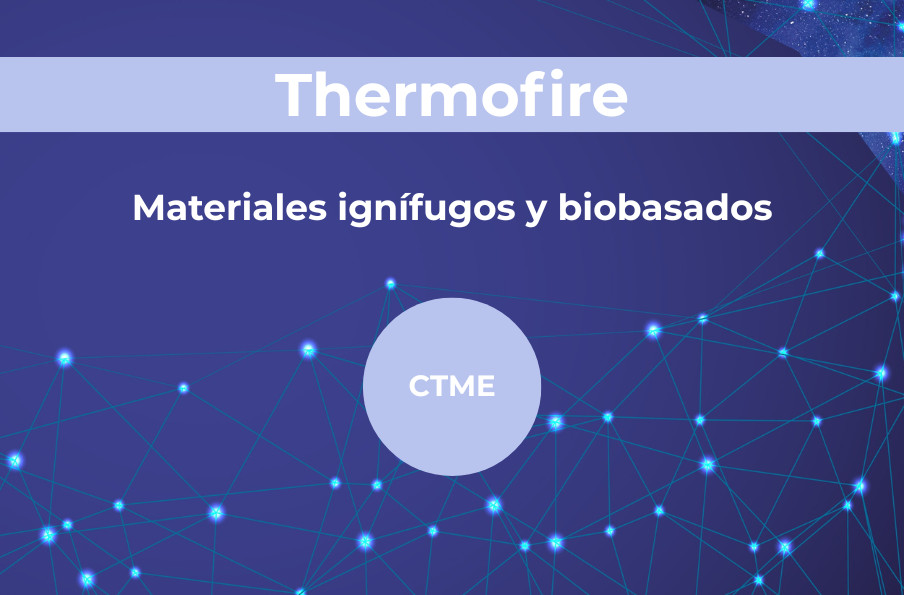Through the capabilities of the Technological Centers of Castilla y León, knowledge about the composition and properties of matter is applied to transform or modify its physical, chemical and biological properties.
Chemistry and biotechnology are scientific disciplines that have experienced exponential growth in recent decades and play a fundamental role in our daily lives and in solving many of today’s most indispensable societal challenges. These areas overlap in many respects and collaborate in the search for innovative solutions to a wide range of problems, from food production to environmental conservation.
Chemistry is the science that deals with the study of matter, its structure, properties and transformations. It is a fundamental discipline in biotechnology, as it provides the necessary tools to understand and manipulate the molecules that make up living things. Organic chemistry, for example, focuses on the study of carbon-containing compounds, which are essential for life and form the basis of many biomolecules.
At NODDO, through the 9 Technology Centers in Castilla y León, we connect innovative and customized solutions to the specific needs of each sector, implementing cutting-edge technology and the necessary multidisciplinary approach.
Thanks to our extensive experience, we are able to develop effective solutions to address complex challenges in various fields.
Innovative solutions to improve the future
A field of great relevance today is agricultural biotechnology, which uses genetic engineering techniques to improve crop characteristics. Chemistry plays an essential role in the synthesis of fertilizers and pesticides that increase agricultural productivity. At the same time, biotechnology allows the creation of transgenic plants resistant to pests and diseases, which contributes to ensuring global food security.
Biotechnology has also revolutionized the food industry. Fermentation, an ancient biotechnological process, is used to produce a wide variety of foods, such as bread, cheese, yogurt and beer. In addition, genetic engineering has led to the creation of transgenic foods, which can have improved characteristics, such as increased resistance to adverse conditions or improved nutritional content.
In the environmental field, chemistry and biotechnology come together in the search for sustainable solutions. The biodegradation of chemical pollutants, such as hydrocarbons or pesticides, is based on the activity of microorganisms that break down these substances into simpler, less toxic compounds. Bioremediation is a technique that uses living organisms to clean up contaminated soil and water, and has become an important tool for restoring damaged ecosystems.
Analytical chemistry and biotechnology are also combining to develop increasingly precise detection and diagnostic methods. In addition to their importance in medicine and industry, chemistry and biotechnology also play a crucial role in scientific research. This has led to important advances in the understanding of genetics, evolution and molecular biology.
Key technologies in a multidisciplinary area
The Technology Centers of Castilla y León, specialists in tackling complex challenges in different fields, provide specific solutions in the area of chemistry and biotechnology.
Aquatic and marine biotechnologyBiotechnological tools for the protection of water resources
Agricultural, livestock and forestry biotechnology: Biotechnological tools applied to fields and forests for greater yield and care
Environmental biotechnology and bioremediation: Using nature’s tools to remediate environmental impact
Industrial biotechnology: Using the molecular machinery of life for efficient industrial processes
Health biotechnology: Biotechnological tools applied to medicine and health for a better quality of life
Omic Technologies: Using biological machinery for a whole new range of applications
Chemistry and biotechnology offer a wide range of benefits in various areas of modern life. These benefits include advances in medicine, agriculture, industry, scientific research and environmental problem solving.
They are interconnected and transform our way of life by providing innovative solutions to numerous challenges. Their collaboration is revolutionizing the fields of medicine, agriculture, food, environmental protection and scientific research. Through innovation and constant evolution, they continue to play an essential role in solving complex challenges, improving the quality of life around the world, and promise a future full of beneficial advances.
From the Network of Technology Centers interdisciplinary work in an integrated manner, covering all technical disciplines. technical disciplines and finding innovative solutions in all parts of the processes.
If you want us to help you to empower your company and to look for innovative technological solutions for your processes, do not hesitate to contact with NODDO.
Follow us on LinkedIn and Twitter or sign up for our Newsletter to stay up to date with what’s new on the Web.










